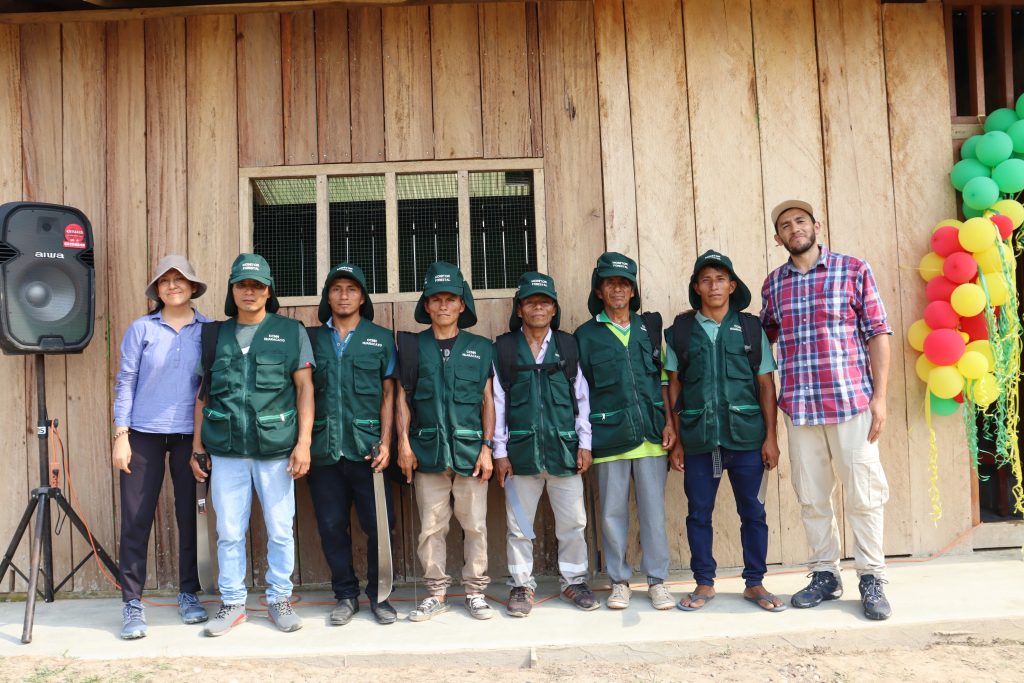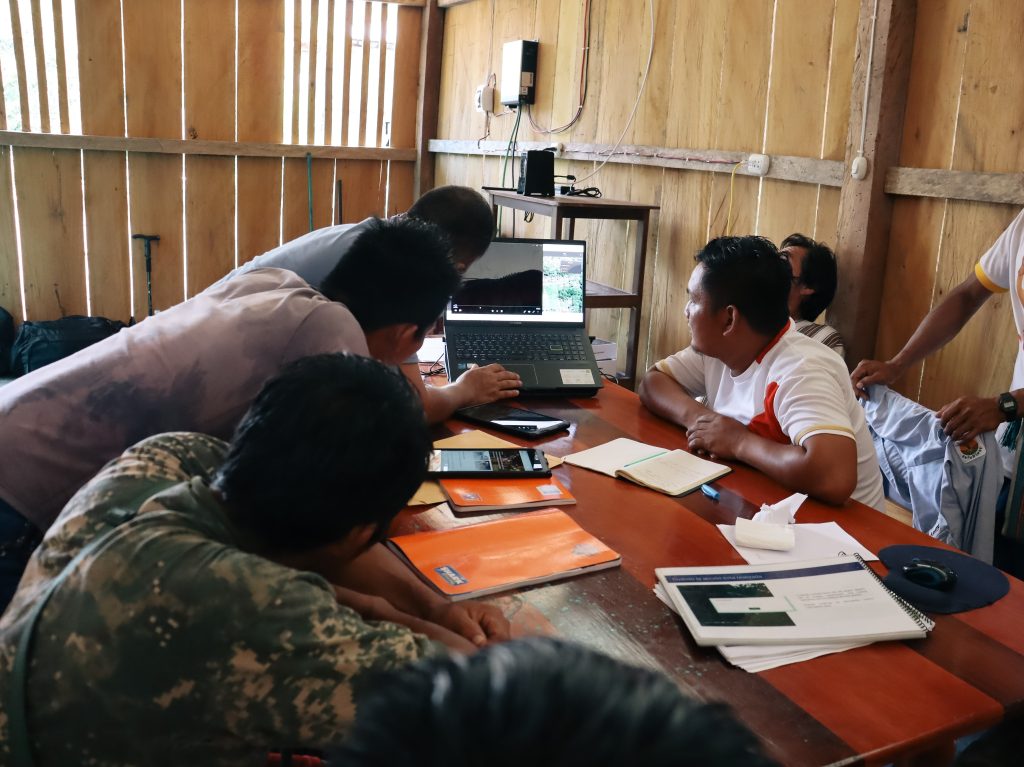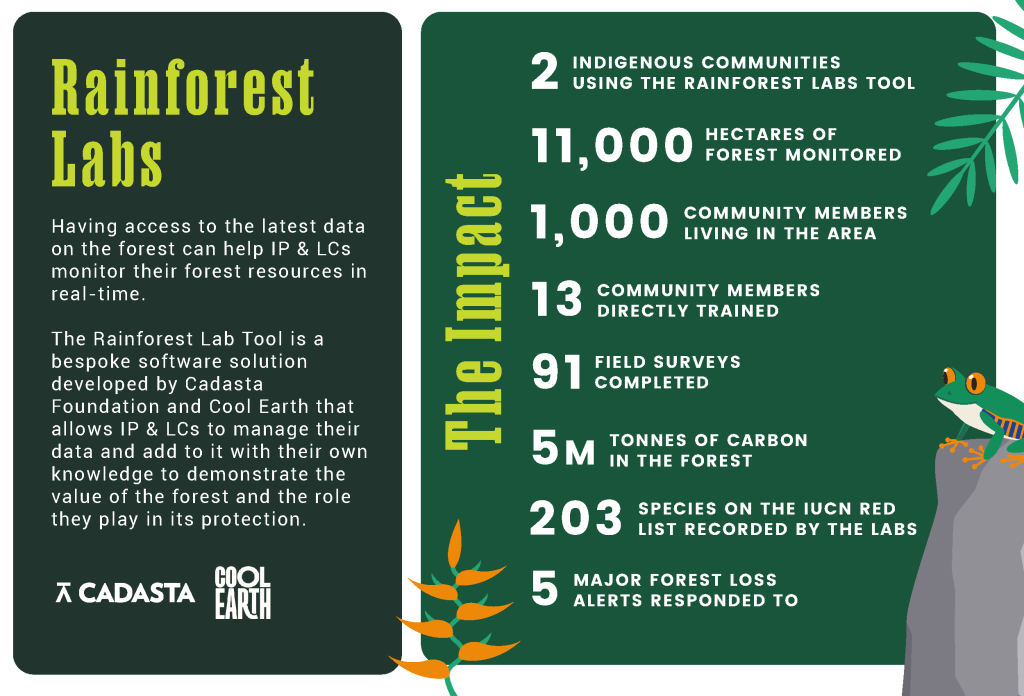Could Indigenous knowledge save the Amazon?
Over the past 20 years, the Amazon rainforest has lost nearly 54 million hectares of rainforest due to deforestation. This is caused by illegal logging, mining, monoculture farming and forest fires.
Deforestation not only accelerates the climate crisis but also threatens to endanger the livelihoods of more than 500 Indigenous communities residing in the Amazon basin. So, what can we do about it?
Tools for Resistance and Resilience
Local communities and Indigenous peoples are constantly under threat from illegal activities involving drug trafficking, mining, and deforestation. As of 2022, in Peru alone, over 150 communities have been affected by environmental crimes stemming from illicit activities.
Currently, a project developed by the Cadasta Foundation and Cool Earth is providing Indigenous communities with access to satellite information and data about their own territories. Why is this beneficial? It allows communities to make detailed reports on events that may violate their individual and collective rights, such as illegal deforestation. These reports will be taken more seriously and receive more attention due to the inclusion of this real-time data, hopefully leading to swifter solutions.
As well as using new technologies to access data, the Rainforest Labs project also includes traditional knowledge within the programme.


“Indigenous communities have a very close bond with the forest and its resources. They are ancestrally connected. They know how to navigate, they understand the seasons for harvesting and hunting, and they possess extensive knowledge about forest management. All of this has been happening since ancient times,” says Luis Goicochea, a technical consultant from the Rainforest Lab project for the Awajún community.
Over 11 Thousand Protected Hectares
Thanks to the two forest monitoring teams set up in 2022, over 11 thousand hectares of tropical forest are being monitored through satellite imagery in the Rainforest Labs.
This project has also enabled 13 community members from both communities where the teams are located to be trained as “forest monitors“. This training includes the use of tablets, computers, GPS devices, and internet apps to collect, analyse, and send alerts about the state of the forests in which these communities reside.


Rainforest Labs
Luis explains that initially, due to the remoteness of the communities, members had little knowledge or familiarity with cell phones or computers. “So, we had a lot of work to do. The monitors enthusiastically embraced the opportunity to learn, and little by little, they have become familiar with these tools.”
Information is recorded through photos, audio, or videos and sent to a web map, where they can see real-time alerts from the field. This enables them to make decisions and coordinate with local authorities to address these cases. To date, more than 90 monitoring sessions have been completed, resulting in 5 serious forest loss alerts and the documentation of over 200 endangered species inhabiting the communities’ forests.


“Through understanding conservation areas, many things can be achieved: species recovery, connecting with local economic activities, planting forest crops – the potential is incredible.”
By supporting the rights of local communities and Indigenous Peoples and providing them with tools to lead the protection of their ancestral territories, we can help fight the climate crisis. Want to learn more about this project? Click here
